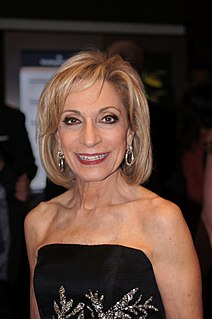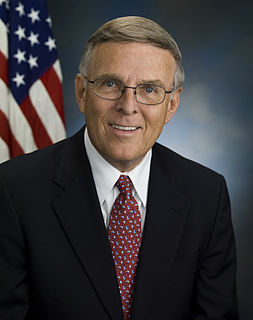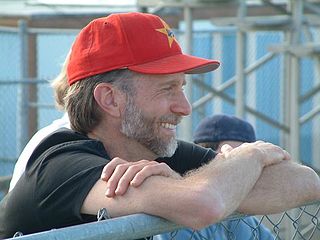A Quote by Robert Harris
I was a political journalist; I came to writing novels through an interest in politics and power.
Quote Topics
Related Quotes
The question is, how do you stop the power elite from doing as much damage to you as possible? That comes through movements. It's not our job to take power. You could argue that the most powerful political figure in April of 1968 was Martin Luther King. And we know Johnson was terrified of him. We have to accept that all of the true correctives to American democracy came through these movements that never achieved formal political power and yet frightened the political establishment enough to respond.
Novels are political not because writers carry party cards -- some do, I do not -- but because good fiction is about identifying with and understanding people who are not necessarily like us. By nature all good novels are political because identifying with the other is political. At the heart of the 'art of the novel' lies the human capacity to see the world through others' eyes. Compassion is the greatest strength of the novelist.
I am interested in politics but have stayed away from writing overtly political songs, or message songs, because I find it difficult to discuss politics intelligently in a 4-minute song. But I am finding there are ways to get bits and pieces of political thought across without preaching that the people have the power or we shall not be moved. Of course these sentiments have their place too - I'm not knocking Phil Ochs - but that's a different kind of music, songs to play at rallies, not to achieve a state of bliss.
Many novelists say, "I'm not a political novelist" - myself included. That's a standard, even a default position. Whereas that divide between art and politics simply isn't possible in many countries. In Hungary, you couldn't be a fiction writer and then, when asked about politics, put your hands up in the air and say "But I'm not a political novelist." If you're a Chinese novelist, a novelist in a country where censorship is such an issue, how do you claim that politics has nothing to do with your writing? It's in your writing, it's shaping your words.
The politics of language and the politics of writing really got to me. I've heard this phrase more than once now: this idea of the poetry wars, or the idea that people within the space of writing are at odds with one another or manipulating language to further one's political stance, manipulating language in ways that really felt dirty to me. All of these things worked their way into and through language for me.
As a composer, I believe that music has the power to inspire a renewal of human consciousness, culture, and politics. And yet I refuse to make political art. More often than not political art fails as politics, and all too often it fails as art. To reach its fullest power, to be most moving and most fully useful to us, art must be itself.
I knew early on that I wanted to be a reporter, but I didn't know I was a political journalist until my first job in Boston, in the '70s, covering the public school committee at a time when busing was a huge issue. Children's lives were being directly affected by political decisions, and that's when I realized that everything is politics.







































